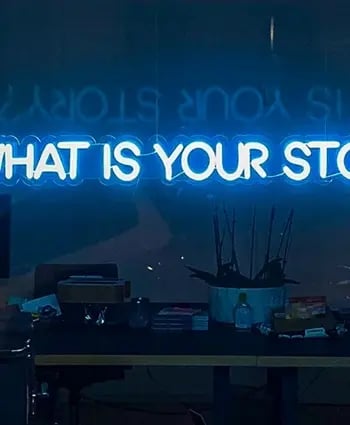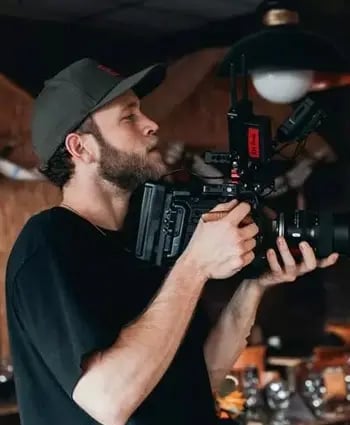Navigating the Ethics of Video Production
Comprehensive guide to video ethics: truth, representation, consent, copyright. Ethics isn't an afterthought, but a cornerstone in production.
The digital era's all-consuming appetite for video content means that video producers are busier than ever. But with great power comes great responsibility. It's vital we don't get so caught up in crafting the perfect shot or soundbite that we overlook the ethical dimensions of our work. Let's unpick the nuances of ethics in video production and explore why it's a cornerstone, not just an afterthought.
1. Pursuing Truth and Avoiding Deception
It's tempting, with today's advanced editing tools, to twist footage or tweak contexts to fit a desired narrative. But let's be clear: just because you can, doesn't mean you should. A video's power lies in its authenticity. So, when you're sat in the editing suite, ensure you're reflecting reality, not distorting it. Remember, your audience isn't just watching; they're trusting you.
2. Treading Carefully with Consent and Privacy
We've all seen 'guerrilla'-style video clips – those candid moments that seem raw and real. But there's a fine line between capturing spontaneity and invading privacy. Before hitting the record button, especially in private settings, ensure you've got the green light. And if you're putting someone in the spotlight, especially for interviews, clarity is key. They should know how, where, and why their image will be used.
3. Championing Representation and Celebrating Diversity
Today's audiences are diverse, discerning, and hungry for content that mirrors the eclectic world they inhabit. Gone are the days of one-dimensional narratives. As video producers, we must ensure our content is inclusive. That means sidestepping tired stereotypes and providing a platform for a chorus of voices, not just a privileged few.
4. Clearing the Air on Sponsorships
There's no harm in partnering with sponsors or stakeholders. However, transparency is non-negotiable. If a segment of your video has been sponsored, say so. And, crucially, never let commercial interests overshadow your editorial integrity. The narrative should always be driven by truth, not the highest bidder.
5. Reflecting on the Ripples
Every video you release sends ripples through the vast digital pond. While it's impossible to predict every reaction, a moment's reflection can often prevent a tidal wave of controversy. So, before you unleash your content on the world, consider its broader implications.
6. Navigating the Tricky Terrain of Copyright
It's never been easier to 'borrow' a snippet of someone else's content. But easy doesn't equal ethical. If you're incorporating music, visuals, or any other media, ensure you've either got the rights or that your use falls under fair use provisions. Getting this wrong can cost more than a fee; it can tarnish your reputation.
7. Steering Clear of Exploitation
Storytelling often involves delving into personal territories. While these narratives can be compelling, they're also delicate. If you're shedding light on someone's trauma or hardship, ask yourself: am I giving them a voice, or am I exploiting them? It's a fine line, but one we must tread with utmost care.
8. Embracing Positivity
Clickbait can be a quick win, but it's a hollow victory. Instead of resorting to negativity or controversy for views, harness the power of video to uplift, inspire, and educate. Let's use our influence to make the digital landscape a brighter place.
Wrapping Up
Ethics in video production isn't a set of chains; it's a moral compass guiding us towards content that resonates on a deeper level. By embracing these principles, we're not just elevating our work; we're elevating the entire industry. And in an age of fleeting digital trends, integrity and trust are the constants that'll set us apart.

Written by Emily Malone Marketing Manager for Venture — a full-service video production agency that specialises in producing creative videos & campaigns that get real results.












